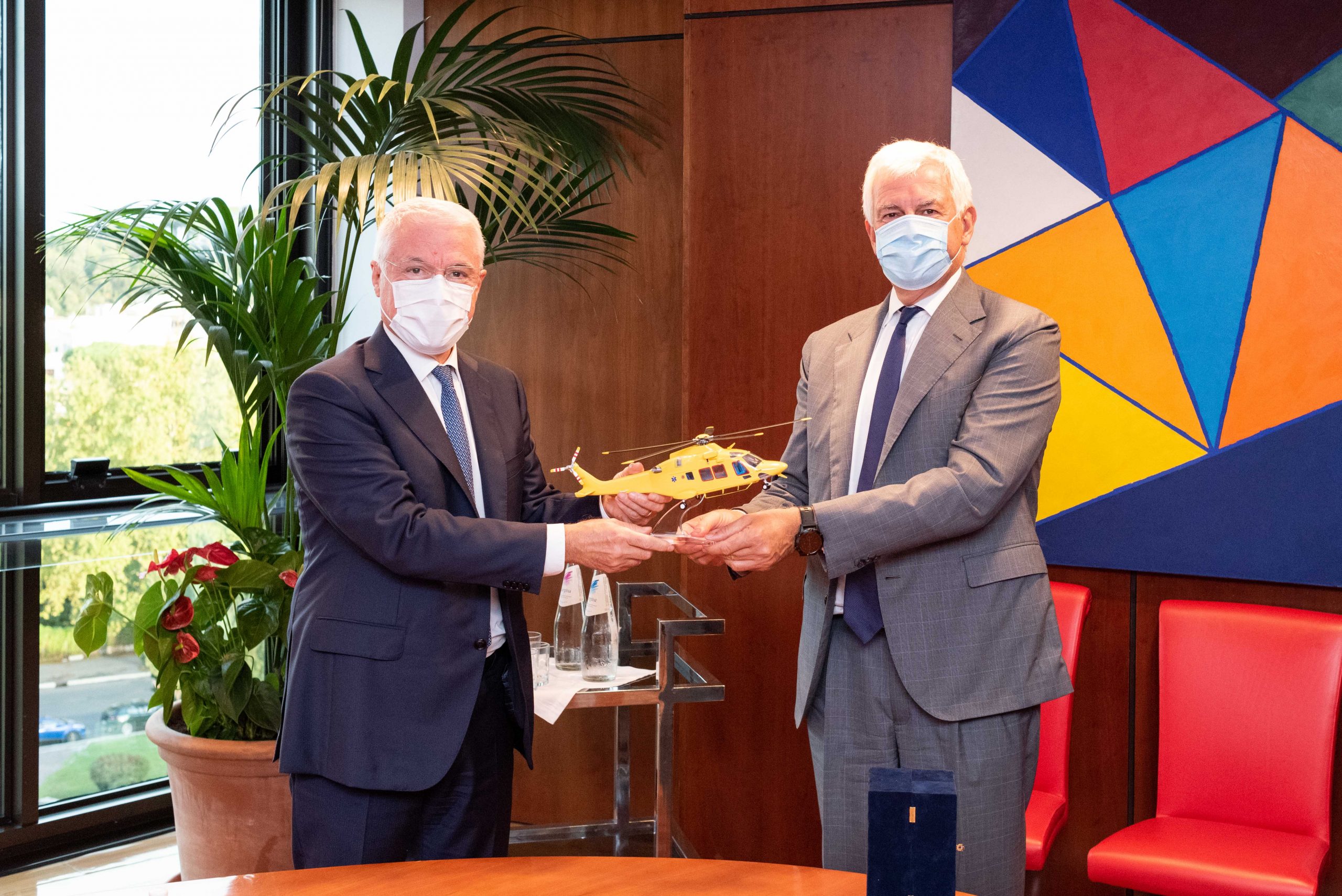NATS and Ministry of Defence strengthen existing ties for even closer collaboration
NATS and the Ministry of Defence (MoD) have extended their existing Future Military Area Radar Service (FMARS) contract for a further nine years, until 31 March 2030. This will allow civilian and military air traffic controllers to continue to work side by side at the Swanwick Control Centre in Hampshire, ensuring safe and efficient collaboration and coordination within UK airspace.
The contract enables the MoD to provide a nationwide ATC capability, maintaining the security of UK airspace, providing a response to military and civil aircraft in distress, and supporting operational and flying training. Moreover, there are a number of additional capabilities, not least the Military Extended Aeronautical Messaging System which provides a worldwide flight planning and aeronautical messaging capability.
The UK is one of very few countries around the world with a joint and integrated civil and military air traffic control service and this close relationship allows for greater cooperation and the more flexible use of airspace.
The operational requirements of modern military aircraft can be better accommodated with flexible airspace. Flexibility is also key if aviation is to be as efficient and sustainable as possible, especially as the skies are becoming busier year on year, but this is only achievable through the close working that this contract enables. Environmental benefits can be gained if civil aircraft don’t have to avoid military airspace – more direct flights will use less fuel, resulting in lower emission levels.
Air Vice-Marshal Ian Duguid, Air Officer Commanding No 11 Group, said: “The FMARS contract is a fundamental part of the defence of the UK, supporting both operational and flying training as well as assisting civil and military aircraft in distress. It’s great news this collaborative element of the MOD and NATS will be extended for an additional nine years.”
Martin Rolfe, NATS CEO, said: “We are extremely proud at NATS of our longstanding joint civil-military approach to Air Traffic Management within the UK. Military traffic often needs to cross civilian routes and vice versa, so working as closely together as possible is really important both for the safety of the travelling public and the security of our country I’m delighted that the extension of this contract will continue to ensure that day to day, civilian and military controllers can stand side by side and ensure the safe and efficient passage of the 2.6 million civil and military aircraft we see in UK airspace every year.”
